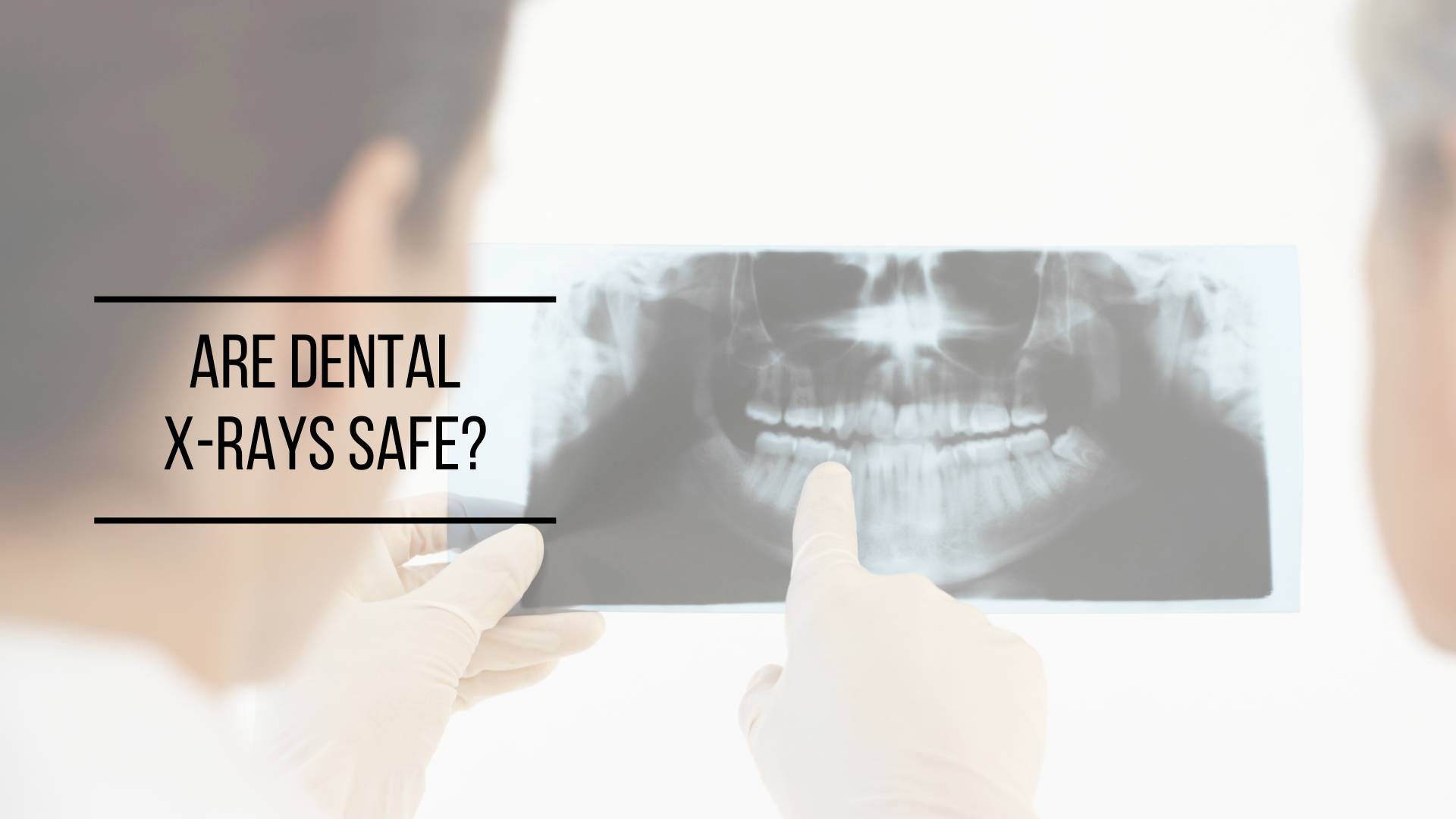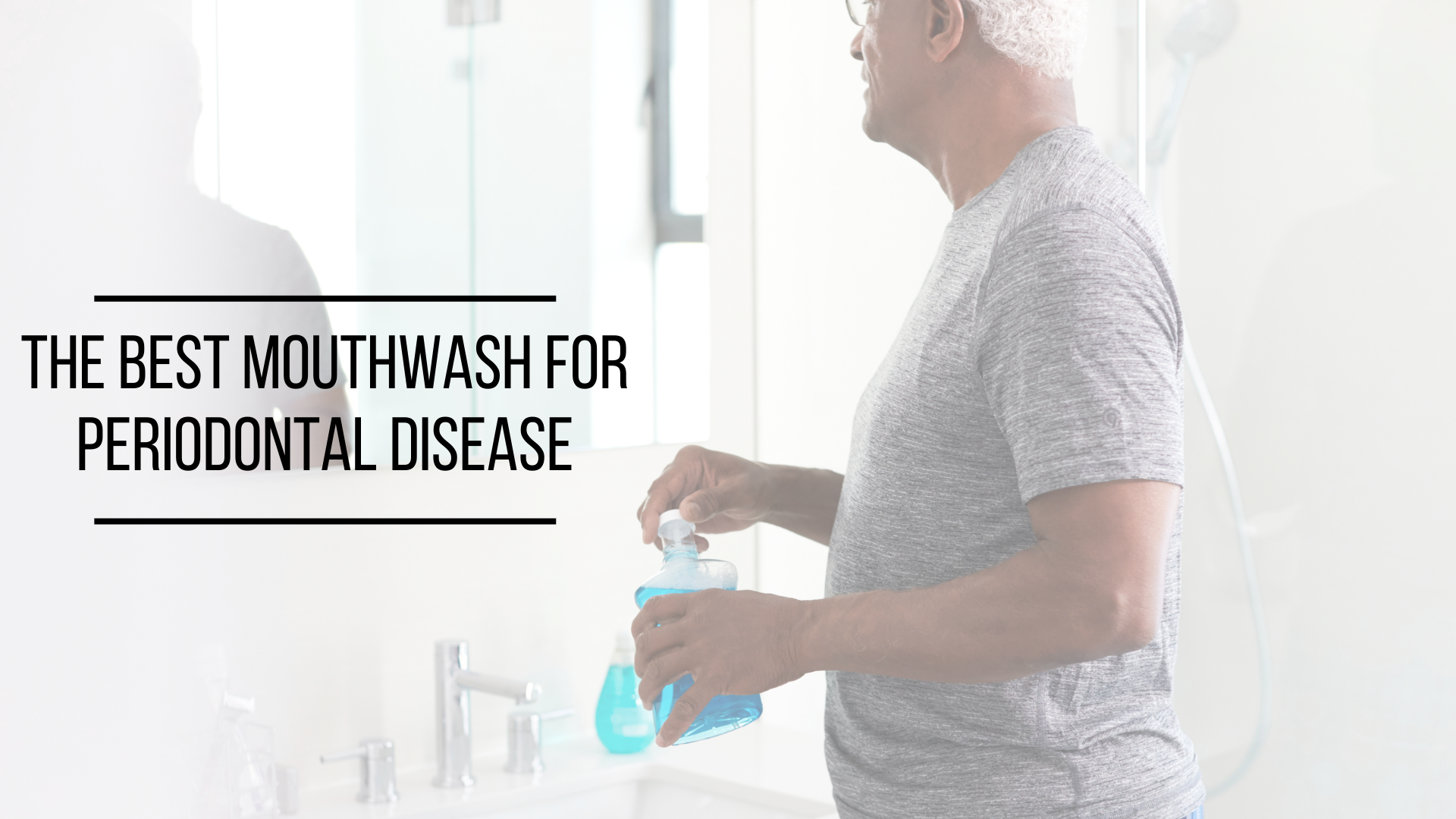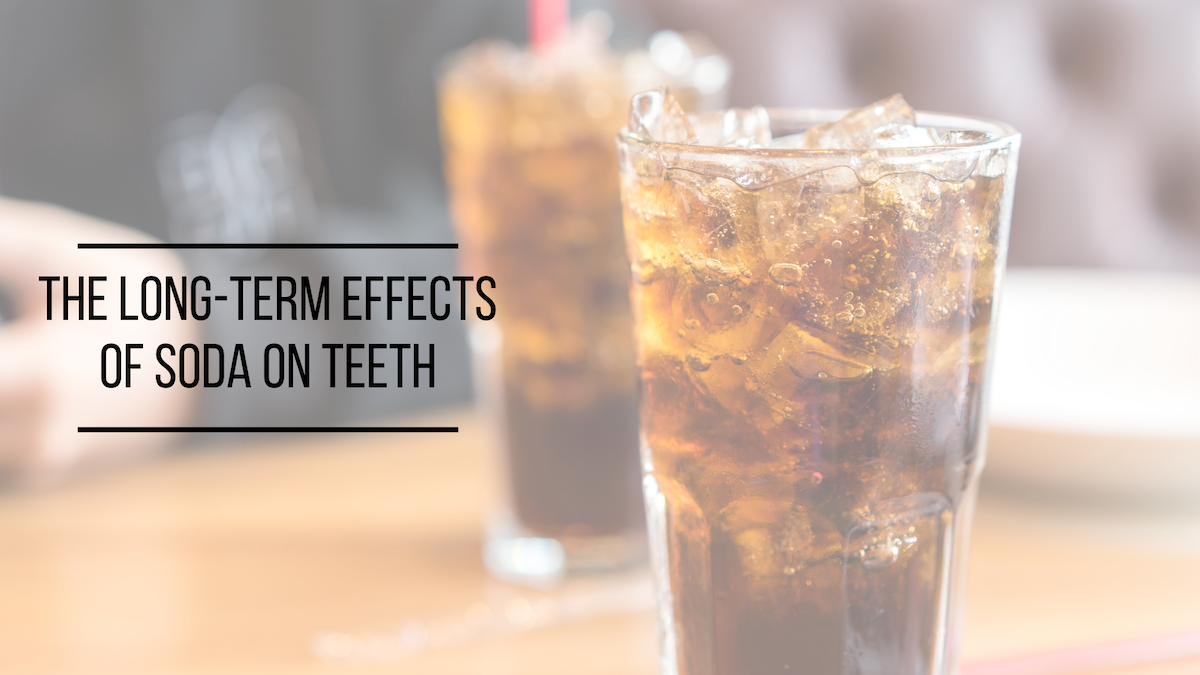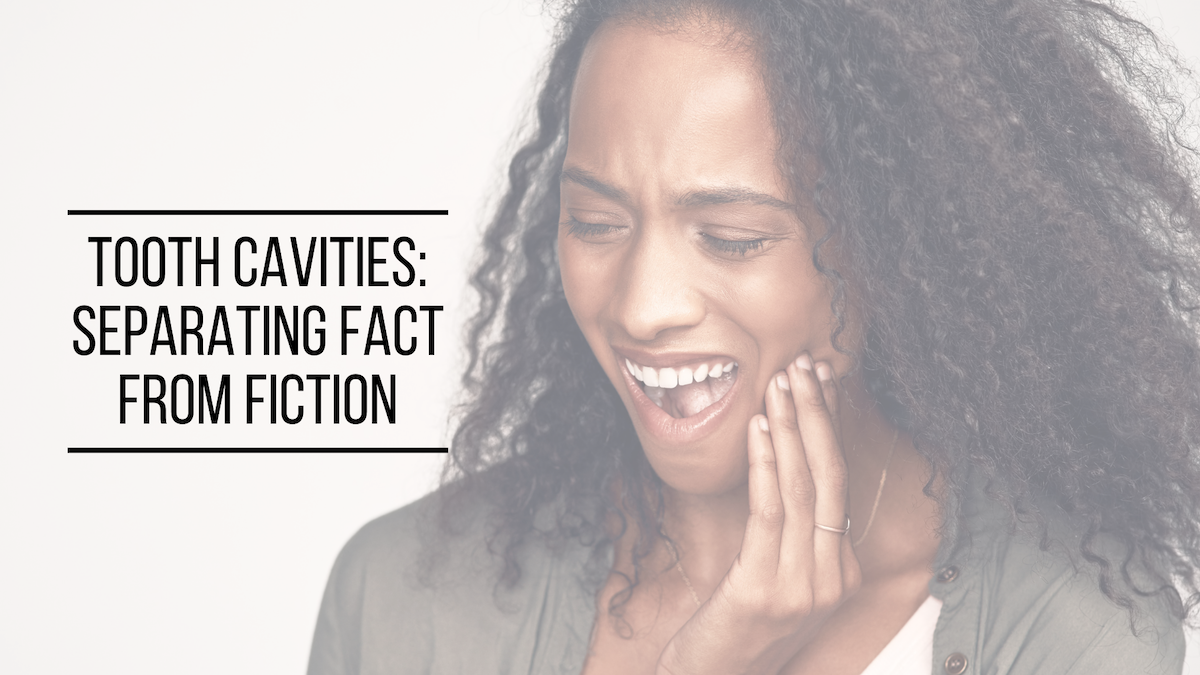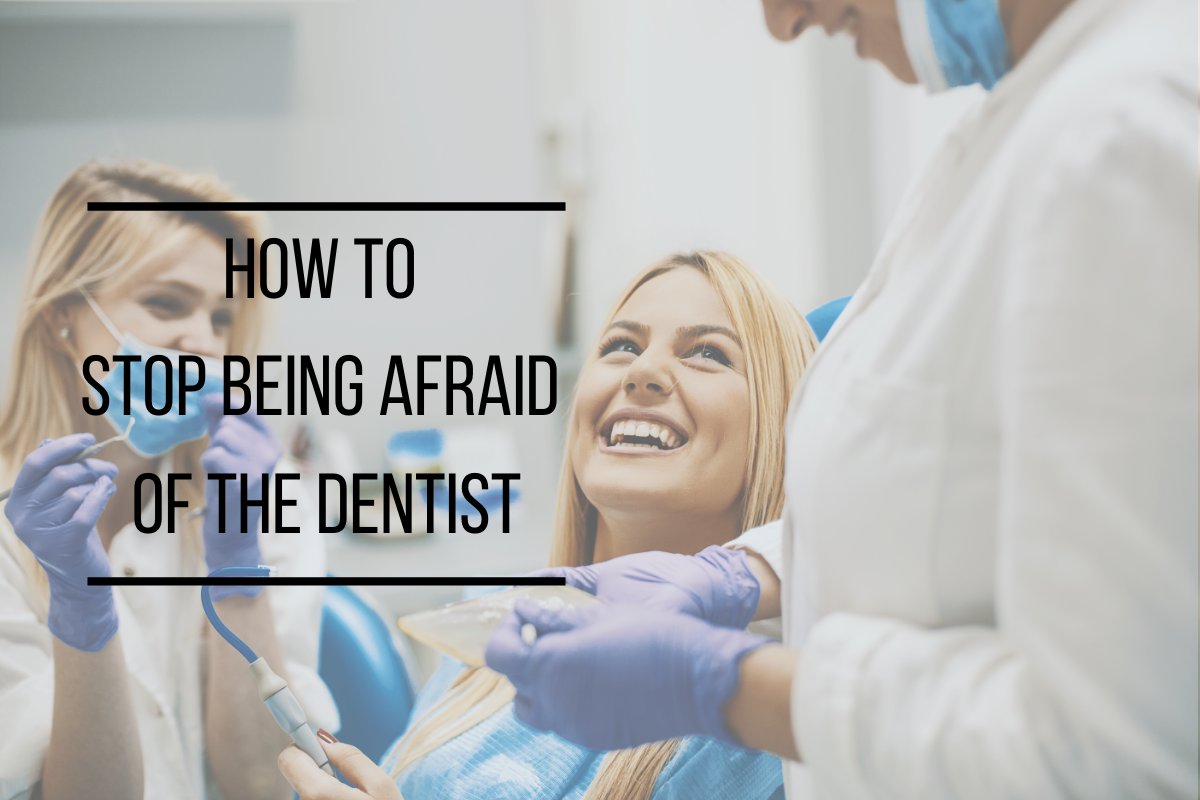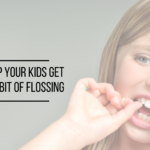Are dental x-rays safe? This is a question that many people have, and it is a valid one. After all, radiation can be harmful if it is not used correctly. However, when used properly, dental x-rays are very safe.
Let’s take a look at some of the history of dental x-rays and the benefits they offer. We will also discuss some alternatives to dental x-rays so that you can make an informed decision about whether or not to get them.
What Are Dental X-Rays?
Dental x-rays are a type of radiation that is used to create images of the teeth and jaws. They are similar to medical x-rays, but they use a lower dose of radiation.
Although dental x-rays were first developed in 1896 by Wilhelm Rontgen, who won the Nobel Prize in Physics for his work, they were not widely used by dentists until the 1950s.
Since then, dental x-rays have become an essential part of dentistry. They are used to diagnose problems with the teeth and jaws, such as cavities, gum disease, and tumors.
Dental x-rays are also used to plan treatment, such as braces or tooth extractions.
Are Dental X-Rays Safe?
Dental x-rays use a very low dose of radiation. In fact, the amount of radiation you are exposed to during a dental x-ray is much less than what you are exposed to from other sources, such as the sun.
The risk of harm from dental x-rays is also very low. The chance of developing cancer from dental x-rays is about one in a million. That means that the risk of harm from dental x-rays is very small, especially when compared to the benefits they offer.
Benefits of Dental X-Rays
Dental x-rays are an essential tool for diagnosing problems with the teeth and jaws. They can also help to plan treatment.
Without dental x-rays, many problems would go undetected until they became more serious. This could lead to more extensive and expensive treatment. Dental x-rays are quick and easy to get, and they provide a lot of information that can be used to diagnose and treat problems.
Alternatives to Dental X-Rays
There are some alternatives to dental x-rays, such as ultrasound or magnetic resonance imaging (MRI). However, these methods are not as effective at detecting problems with the teeth and jaws.
Dental x-rays are still the best method for diagnosing problems with the teeth and jaws. If you have concerns about the radiation from dental x-rays, you can ask your dentist about using a lead apron. This will help to protect you from the radiation.
You should also make sure that the dental office uses digital x-rays, which use less radiation than traditional x-rays.
Making an Informed Decision
Dental x-rays are safe when used properly. They offer many benefits, such as the ability to diagnose problems early and plan treatment.
Our team of dental professionals is always ready to discuss your concerns regarding dental x-rays or other aspects of your oral health. Give us a call today to schedule an appointment. We would be happy to answer any of your questions!



